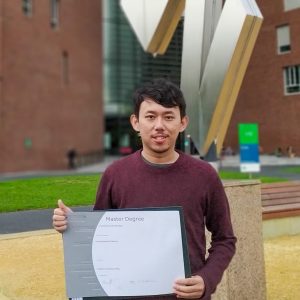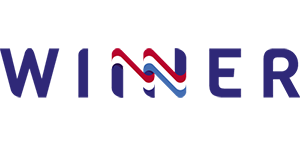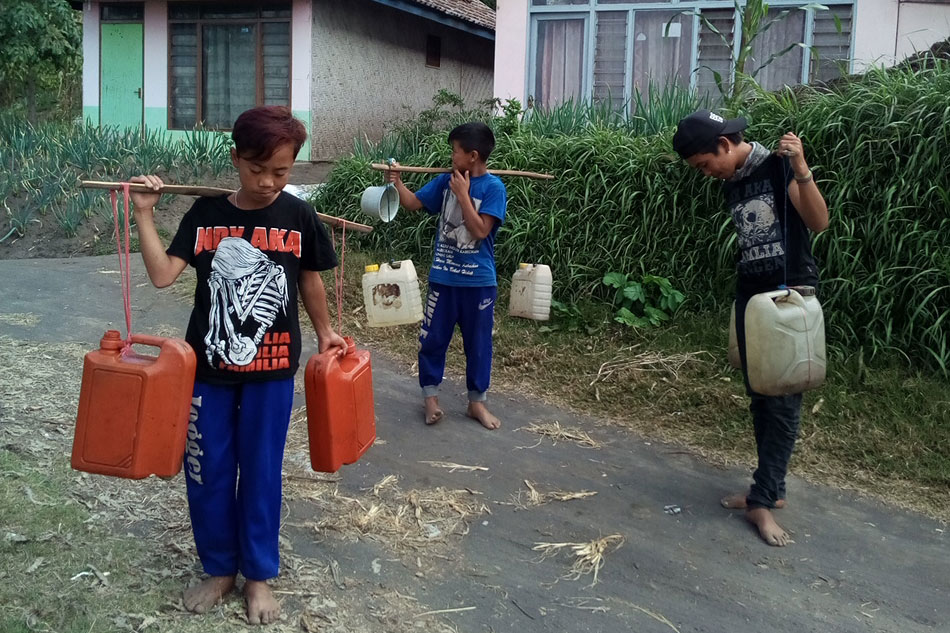Tackling New Normal with Sustainable Water, Sanitation, and Hygiene (WASH) Practices
Photo caption: Three children were seeking clean water for daily needs amidst the water scarcity in the mountainous area. Located at Ngadas Jetak village, Bromo – Tengger Semeru before WASH installation. Credit: Desa Jetak-Ngadas Documentation (2015)
Sustainable Water, Sanitation, and Hygiene (WASH) practices is a continuous issue that must be addressed especially for those who live in rural areas. According to WHO, billions of people, mostly in rural areas, still lack access to clean drinking water and sanitation. Globally, two out of five people do not even have basic hand washing facilities. In the current Covid-19 situation, lack of those basic facilities can increase the risk of virus infection. Innovation, practical guidance, and relevant regulations on WASH practices are needed to prevent further risk and to improve the overall living standard.
In the roadmap to achieve the SDGs by 2030, according to the latest Sustainable Development Report 2021 by the SDSN, Indonesia is ranked as the 97th out of 165 participating countries. Thus, series of actions are needed to accelerate the overall development progress through data analysis and advanced knowledge and innovations. On the other hand, the Netherlands is one of the leading countries that is on track to reaching the overall target of the SDGs, particularly in water, sanitation, and hygiene (WASH) sector. The Netherlands has been hitting many indicators of this goal such as delivering 100% safe drinking water and providing over 97% basic sanitation services for all. Indonesia can certainly learn some best management practices through collaborations with the Netherlands and adapt them as needed to overcome some major challenges in order to obtain 100% universal access to safe drinking water and sanitation, especially for those who are living in rural areas during this new normal era.
Collaboration with relevant stakeholders is needed to catalyze the process. The Netherlands, in this case, is seen as a strategic partner to collaborate with, due to the country’s various innovations in the WASH sector, either on a technological side or regulation as well. The collaboration between Indonesia and the Netherlands within the WASH sector is hoped to be not only benefited both countries but also will contribute to a global SDG6 target.

Imam Muttaqin
Alumnus of Wageningen University and Research (WUR) and researcher of WASH practice of Rotasi Institute
Orange Talk Series #6!
To address this issue, NL Alumni Network Indonesia, in collaboration with, Institute for Rural Development and Sustainability of Rotasi Institute will hold an interactive webinar, ‘Orange Talk #6: Challenges and Opportunities of Sustainable WASH Practices in Rural Areas in the New Normal Era’, on Saturday, September 25, 2021.
Various stakeholders from Indonesia and The Netherlands, academics, professionals, and governmental institutions, will participate to identify challenges and give interdisciplinary recommendations to improve WASH practices during the Covid-19 pandemic situation.
Three important points of discussion:
- How are WASH practices related to climate change and crucial to support the SDGs?
- What are the main challenges of sustainable WASH practices in rural area, especially during Covid-19 pandemic?
- What are recommendations and opportunities regarding sustainable WASH practices to achieve SDG 6 as entering the new normal?
Would you like to participate in this knowledge collaboration?




